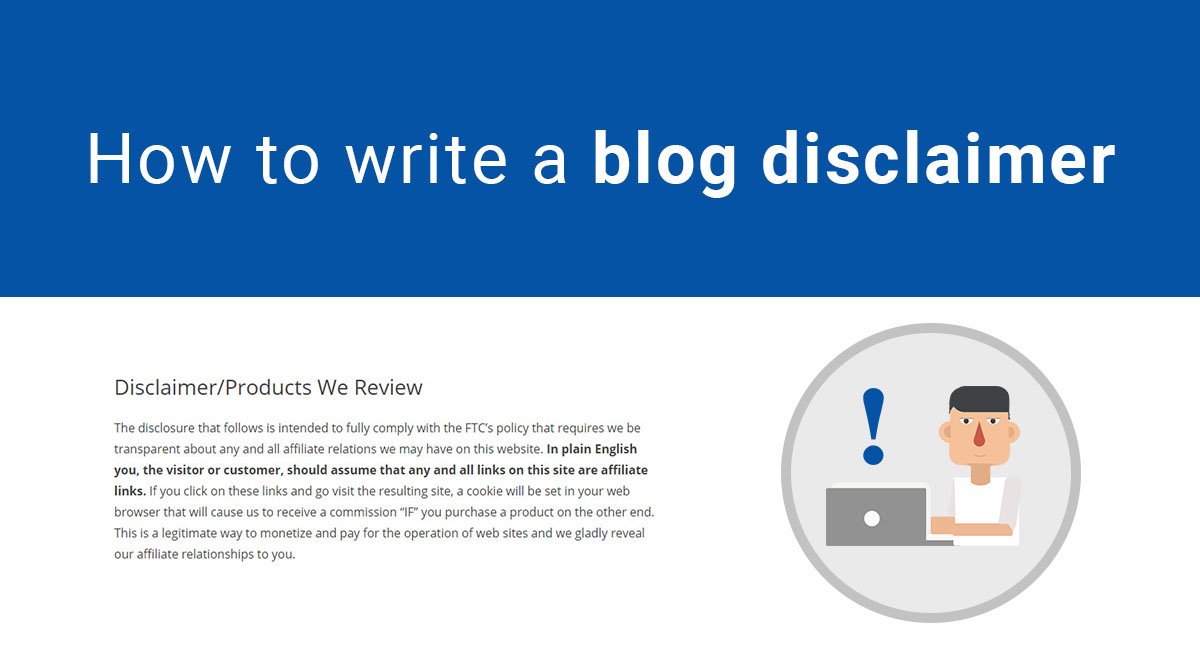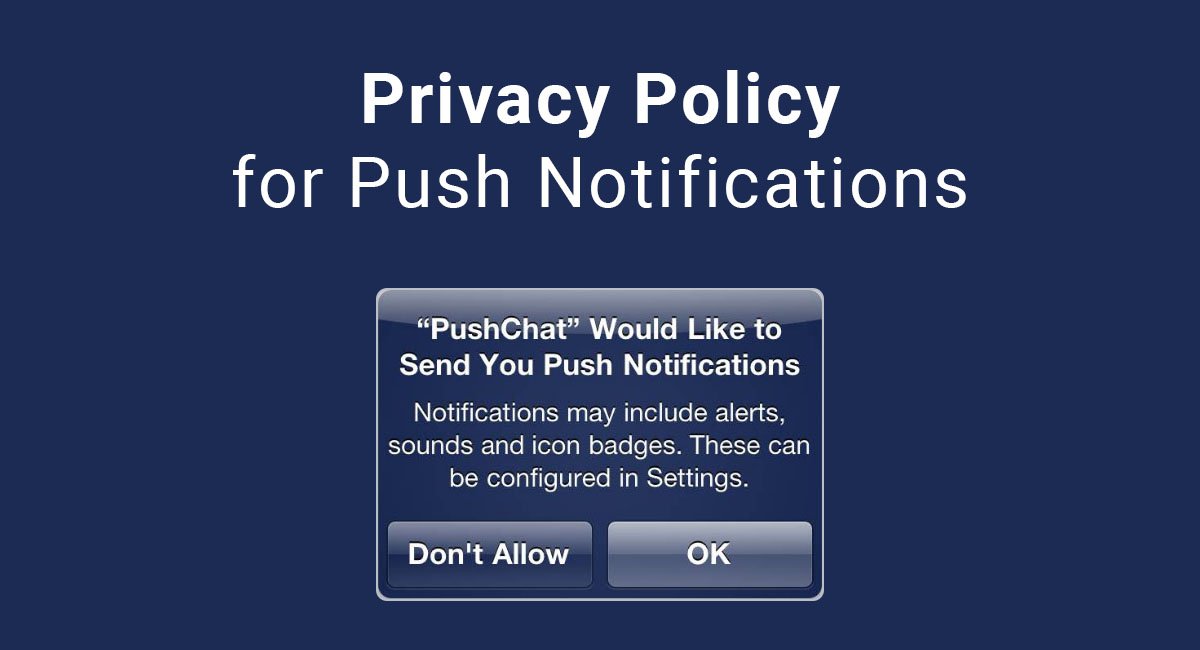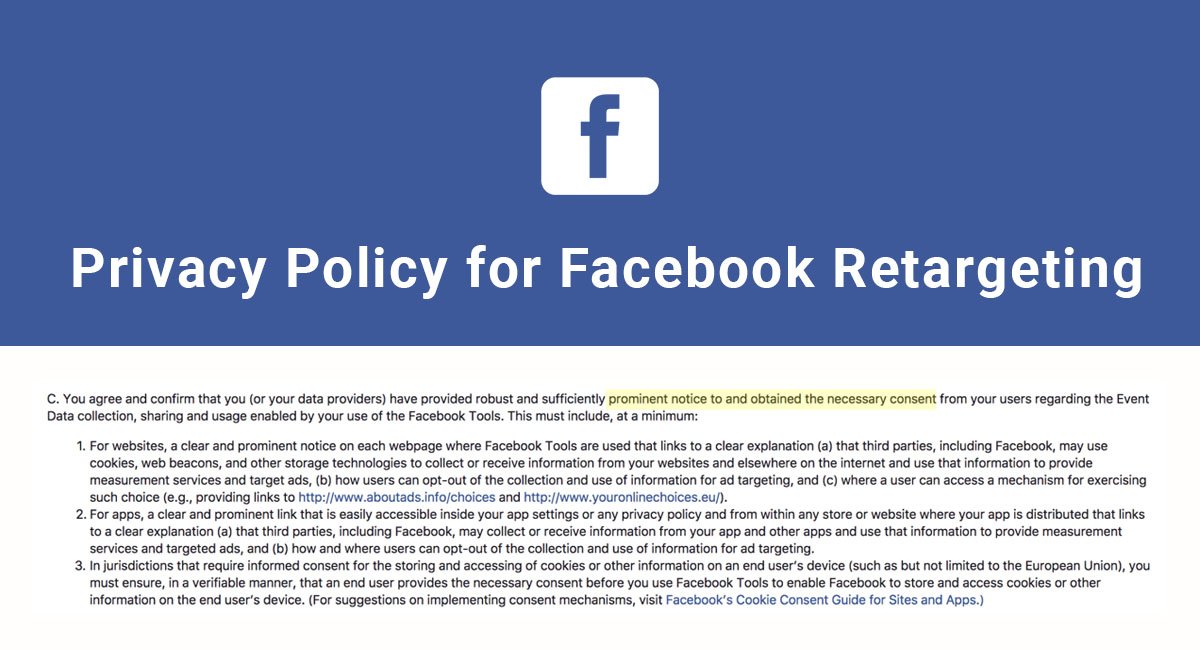Blog - Page 38
Legal articles in easy to understand language.
Privacy Policy for Chatbots
A chatbot is a computer program that mimics chatting with a real person. This form of artificial intelligence is used often in web applications to conduct customer service and collect information via chat. Because of the personal data collected through a chatbot, a Privacy Policy might be mandatory. If you have an...
How to Write a Blog Disclaimer
A disclaimer is typically a short paragraph that works to protect your business, services, information, physical property and intellectual property from different types of abuses, liabilities and other legal issues. In other words, a disclaimer will limit your liability to others while protecting your rights. Writing a disclaimer may sometimes be necessary,...
Privacy Policy for Push Notifications
If your app sends push notifications to users, you may need a Privacy Policy. But first, let's cover exactly what a push notification is and does. A push notification is a message from an app that pops up at random times on a mobile device. They're typically formatted like mobile alerts and...
Nevada's New Privacy Law
Earlier this year, the state of Nevada passed an act that will revise its laws regarding security of personal information. Similar to the California Online Privacy Protection Act (CalOPPA) affecting Privacy Policies, it goes into effect on October 1, 2017. If your website or app interacts with residents of the...
How to Write Terms & Conditions
The Terms & Conditions (T&C) are also known as Terms of Service or Terms of Use. This article and outline will help you draft and write a basic yet complete Terms & Conditions for your app or website. The Terms & Conditions act as a contract between you and your users so...
Privacy Policy for Facebook Retargeting
If you use retargeting on Facebook such as with Facebook Pixel or another Website Custom Audiences tool, you're going to need to create a Privacy Policy or update your current Policy to inform users of your use of retargeting. This is because whenever personally identifying user information is collected from users,...





